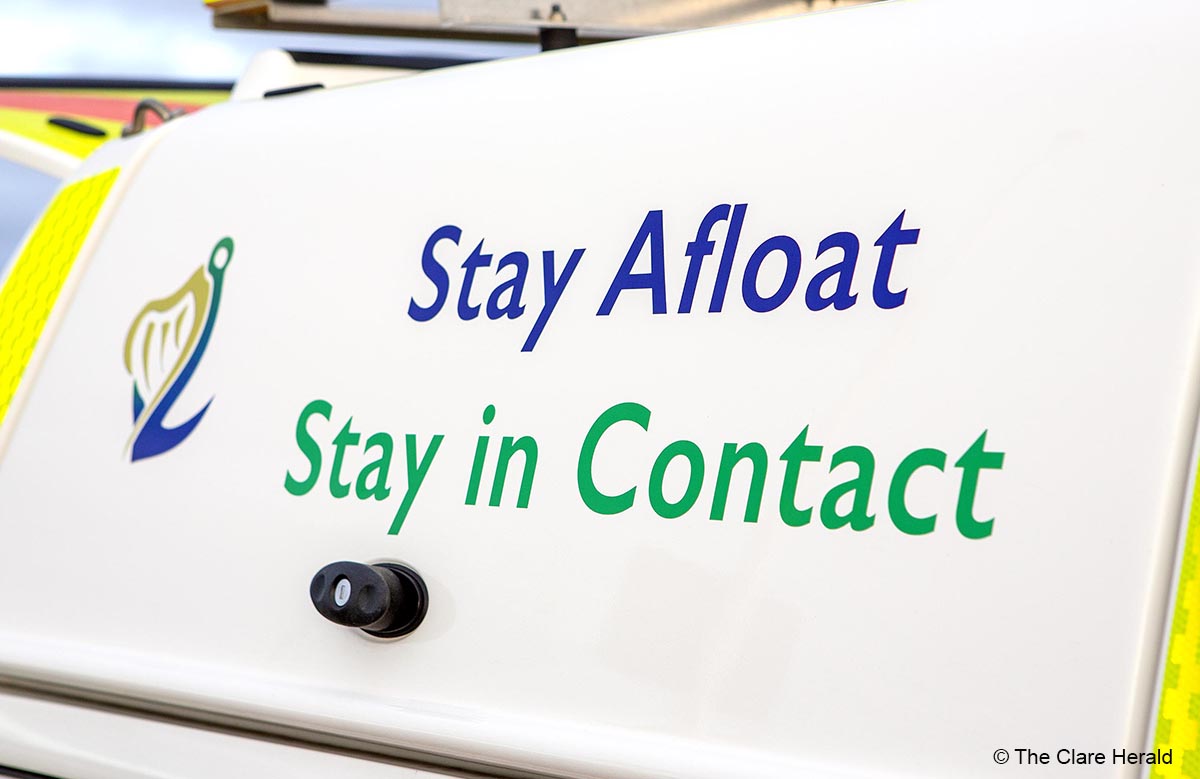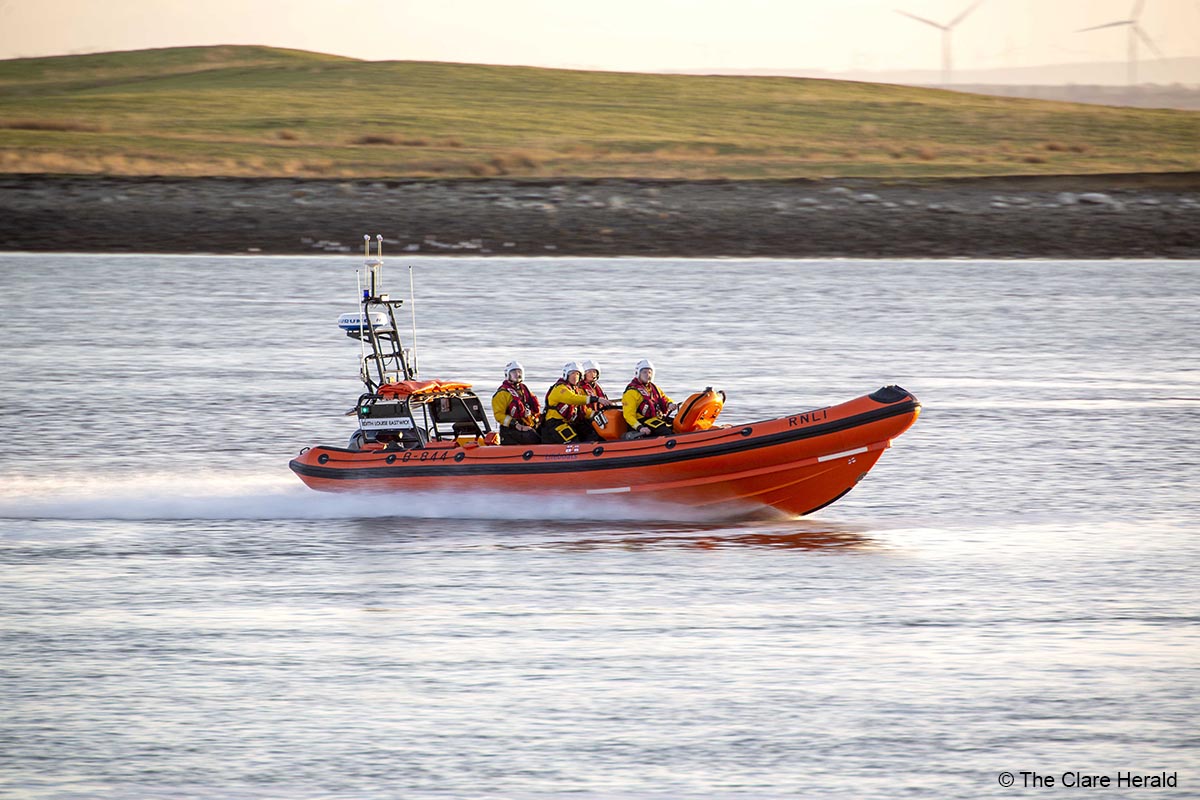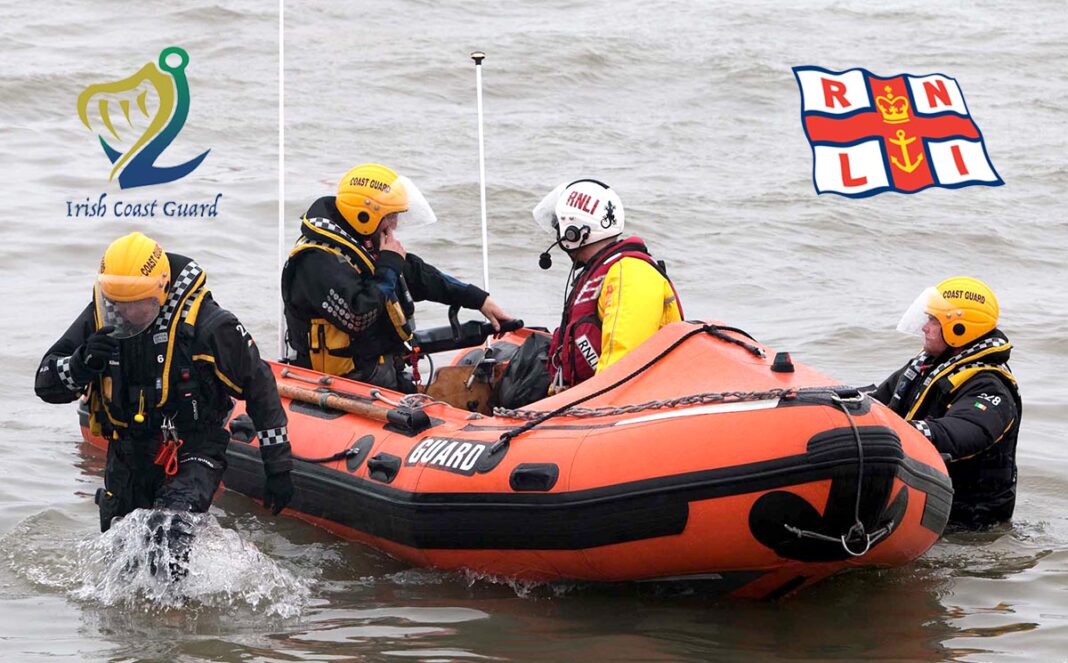The Irish Coast Guard, Water Safety Ireland and the RNLI have issued a joint water safety appeal, asking people to stay safe when in, near or on the water.
Water temperatures are still cold, meaning cold water shock and hypothermia are risks that can affect everyone. The three organisations are advising anyone intending to take part in any water-based activity or coastal walks to carefully plan their activity so as to ensure they stay safe.
Coastal walkers are reminded to be alert to the risk posed on cliff and costal walkways by the exceptional wet weather coupled with any erosion over the winter months.
If heading out on the water or participating in costal activity:
Never mix alcohol or drugs with water activities
Always check the weather and tides before venturing out
Carry a reliable means of raising the alarm (VHF radio, Personal Locator Beacon or fully charged mobile phone)
Tell someone where you are going and what time you will be back
Wear a suitable Personal Flotation Device when engaged in any water-based activity, including shoreline fishing
Always check the weather forecast and time of tides.
Be alert to the risk of becoming isolated by incoming tides

Gerard O’Flynn, Coast Guard Operations Manager, said: “Always plan your activity and ensure you have a reliable and suitable means of communication. Regardless of activity ensure that somebody knows your plans and expected return time.”
Roger Sweeney, Water Safety Ireland’s Deputy CEO, said: “Throughout the festivities, please ensure that you provide your children with constant, uninterrupted supervision when playing near water. Supervise them closely and teach them about water safety at www.teachpaws.ie. If you see somebody in trouble in the water: SHOUT – REACH – THROW. SHOUT to calm, encourage and orientate them; REACH with anything that prevents you from entering the water (clothing/stick); and THROW a ring buoy or any floating object to them.”

Linda-Gene Byrne, RNLI Water Safety Lead added: “We are all looking forward to enjoying the longer evenings but it is important to remember when walking to keep well away from the water’s edge. You can reduce the risks by avoiding walking alone or at night and by always making sure you have a means of calling for help.
“If over the upcoming festivities, you or someone you are with has a drink, stay away from the water. Alcohol can lower inhibitions, leading to impaired judgement which means you are more likely to take risks and get into trouble. It also limits muscle ability, making simple movements much harder, slows down reactions making it more difficult to get yourself out of trouble, and if swimming, it numbs the senses making swimming difficult.
“If you do find yourself struggling in the water unexpectedly, Float to Live. To do this, tilt your head back with your ears submerged. Try to relax and breathe normally. You can gently move your hands to help you stay afloat if you need to. Spread your arms and legs out to improve stability – and it’s OK if your legs sink, we all float differently. Once your breathing is under control, call for help or swim to safety.“
If you see somebody in trouble on the water or along the coast, or think they are in trouble; Dial 112 or use VHF radio CH 16 and ask for the Coast Guard.

